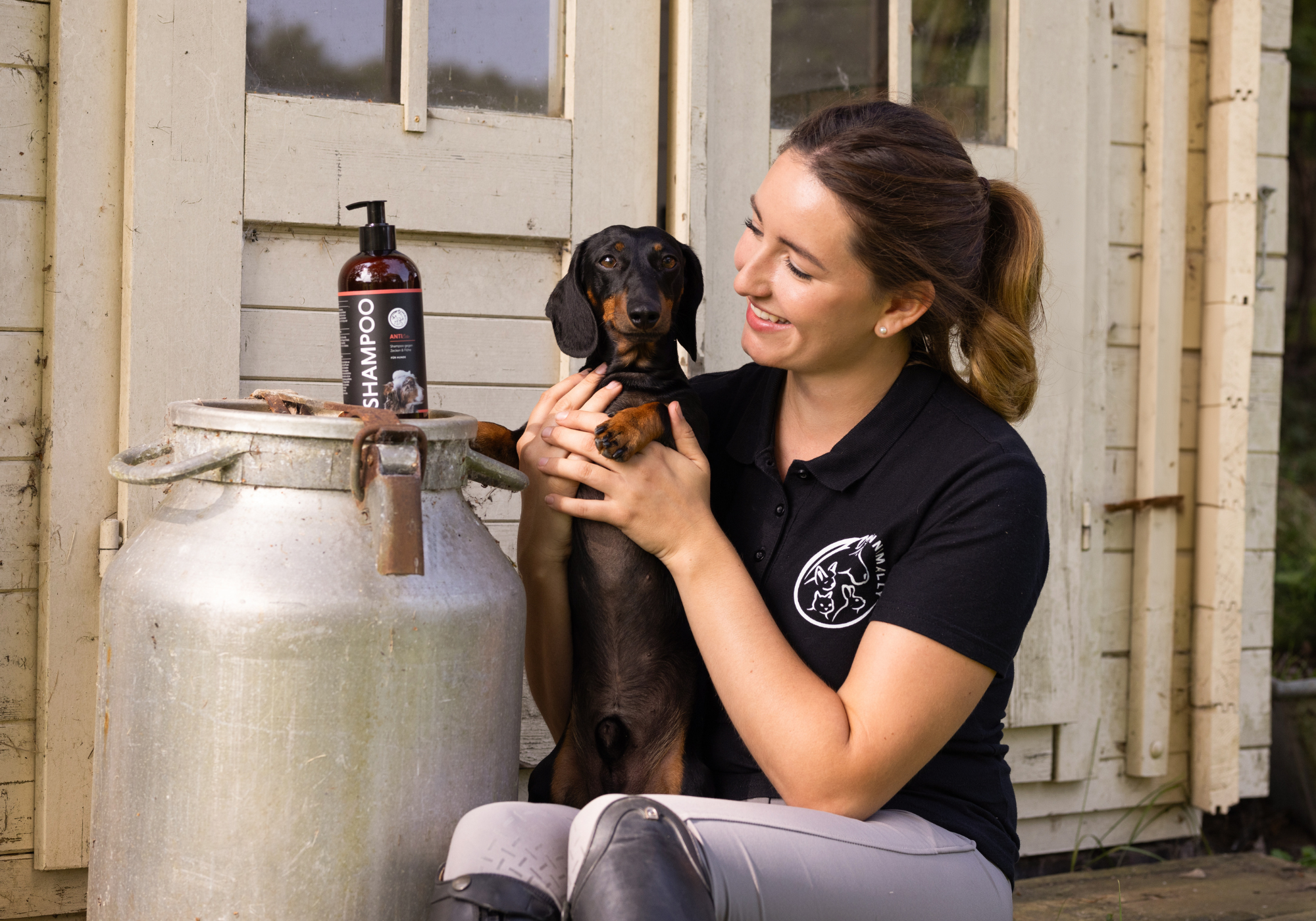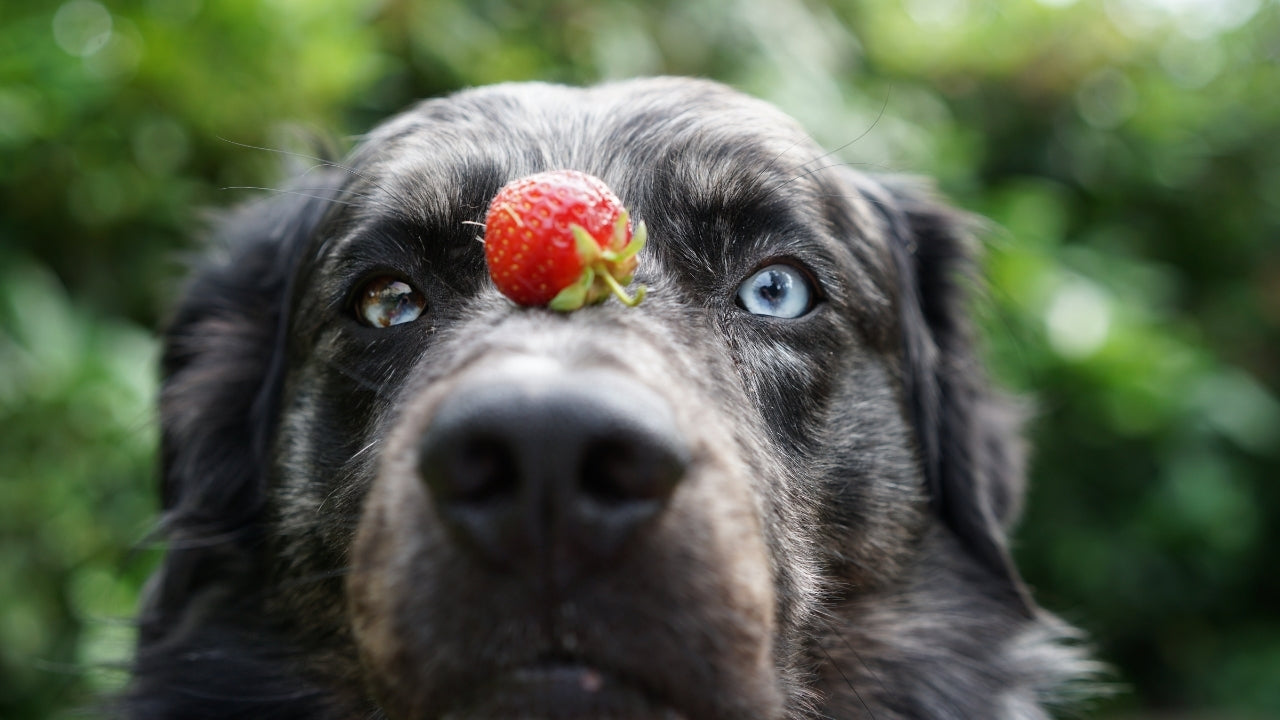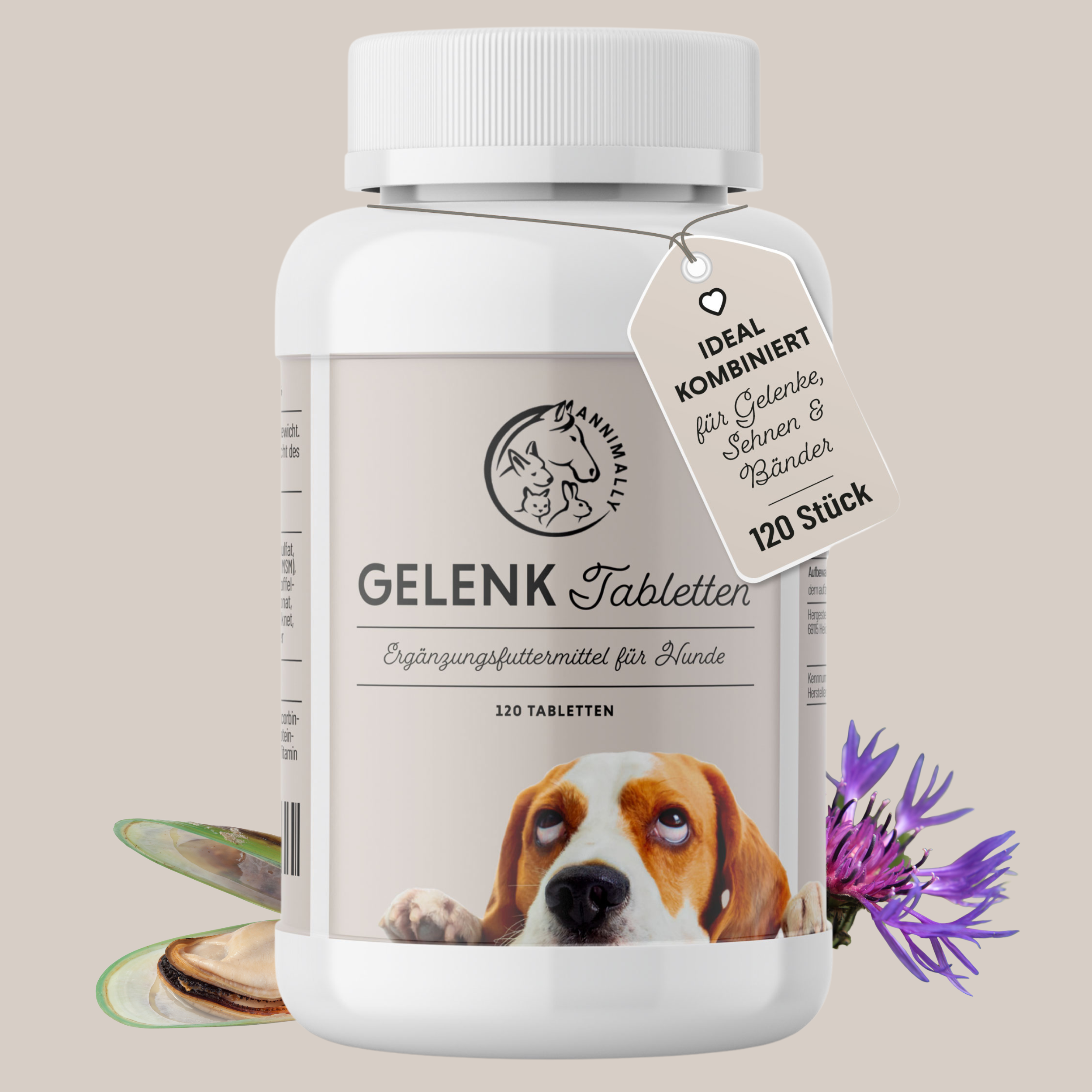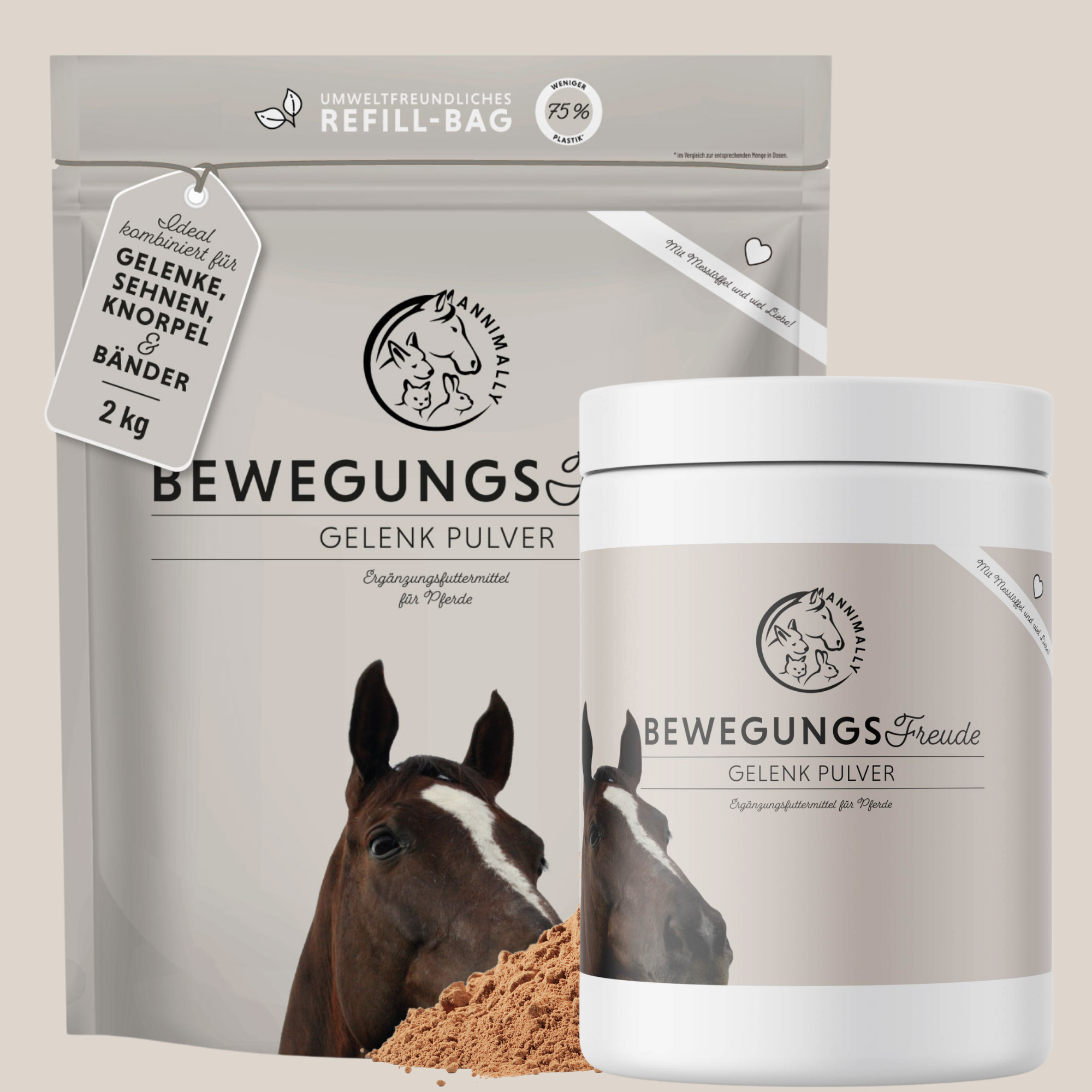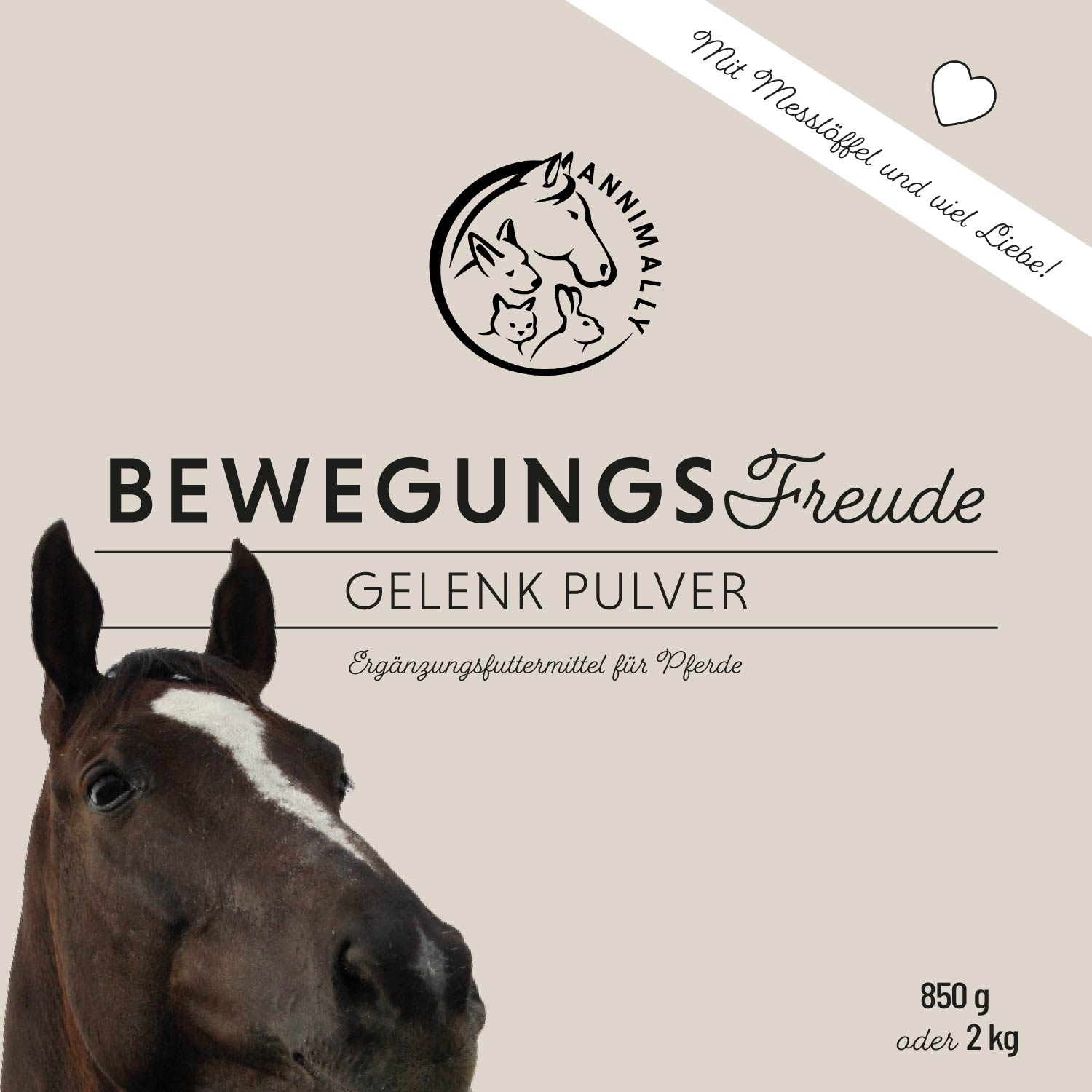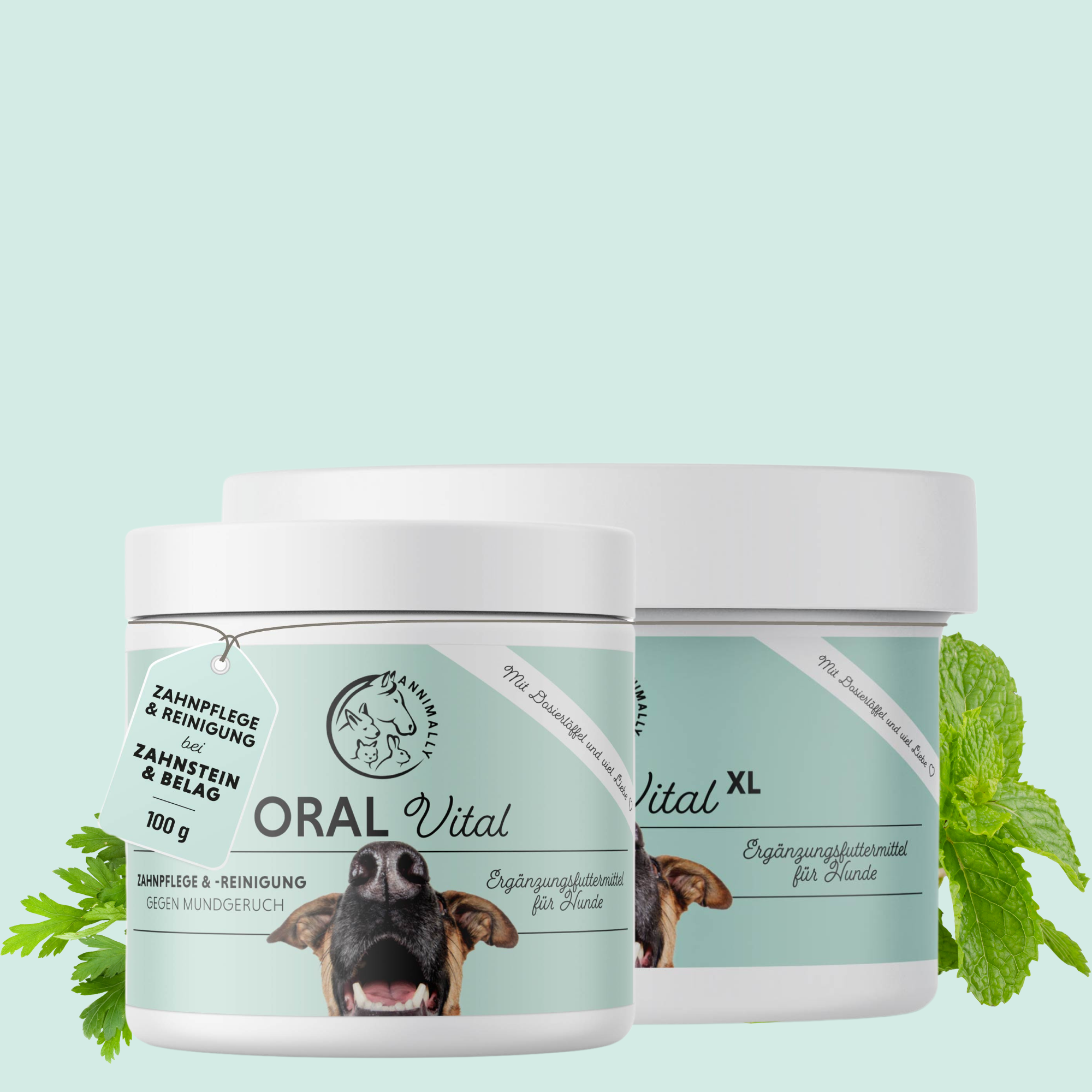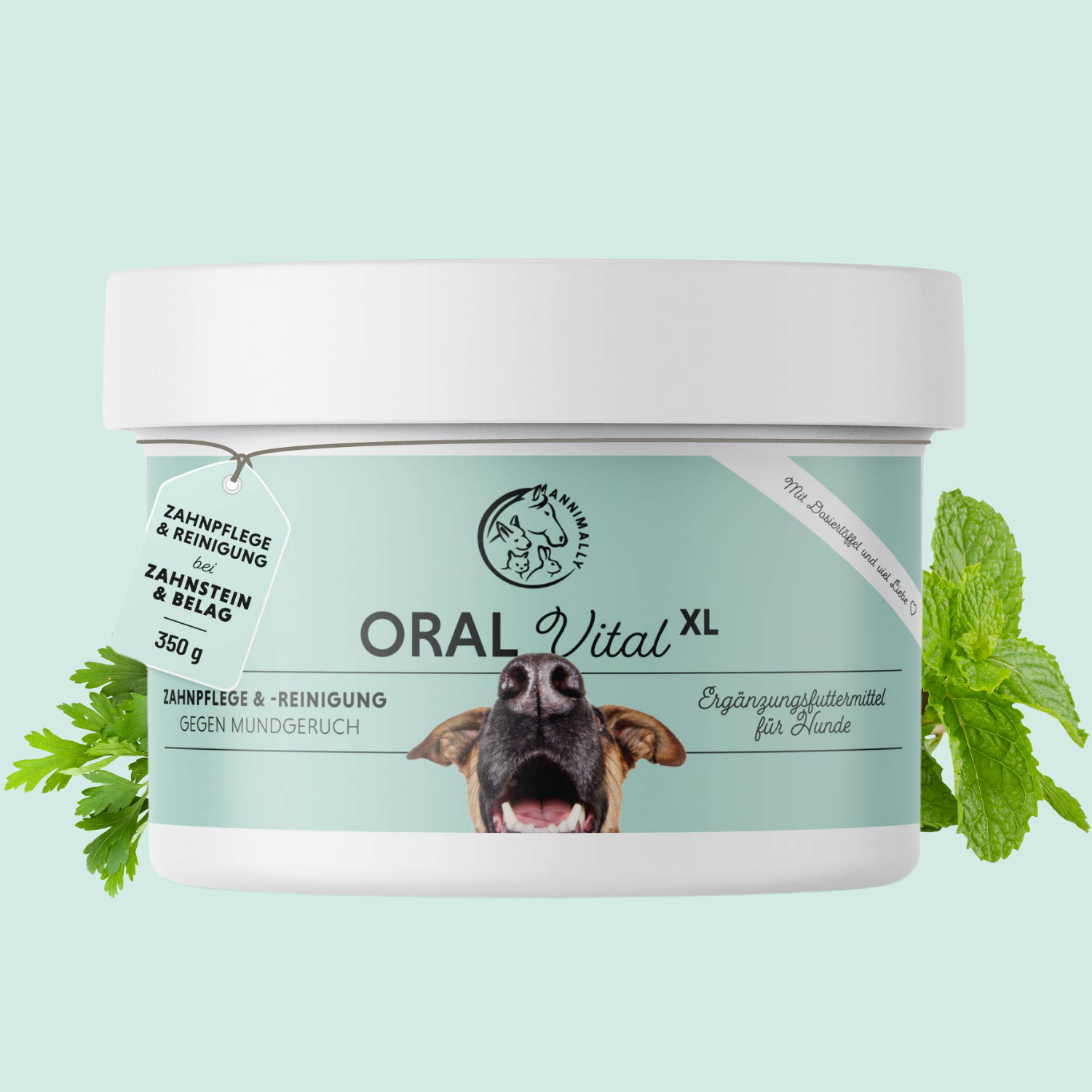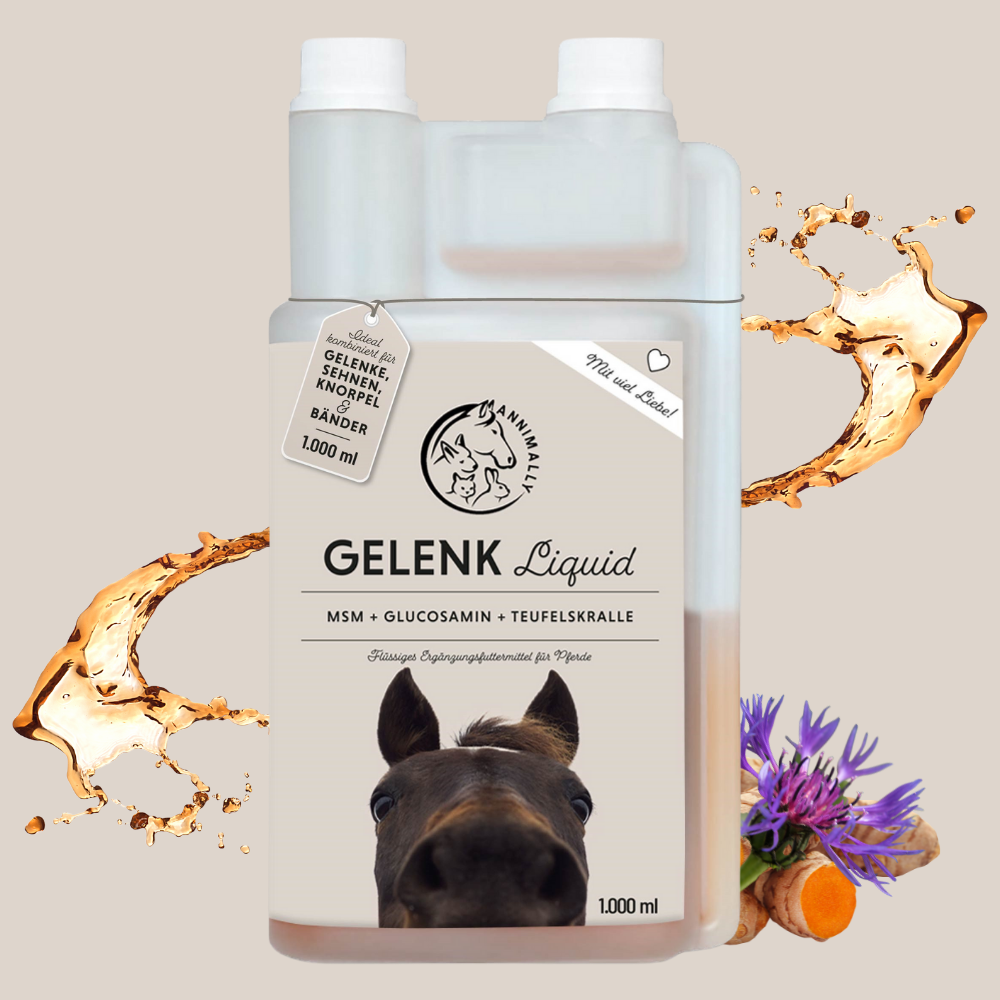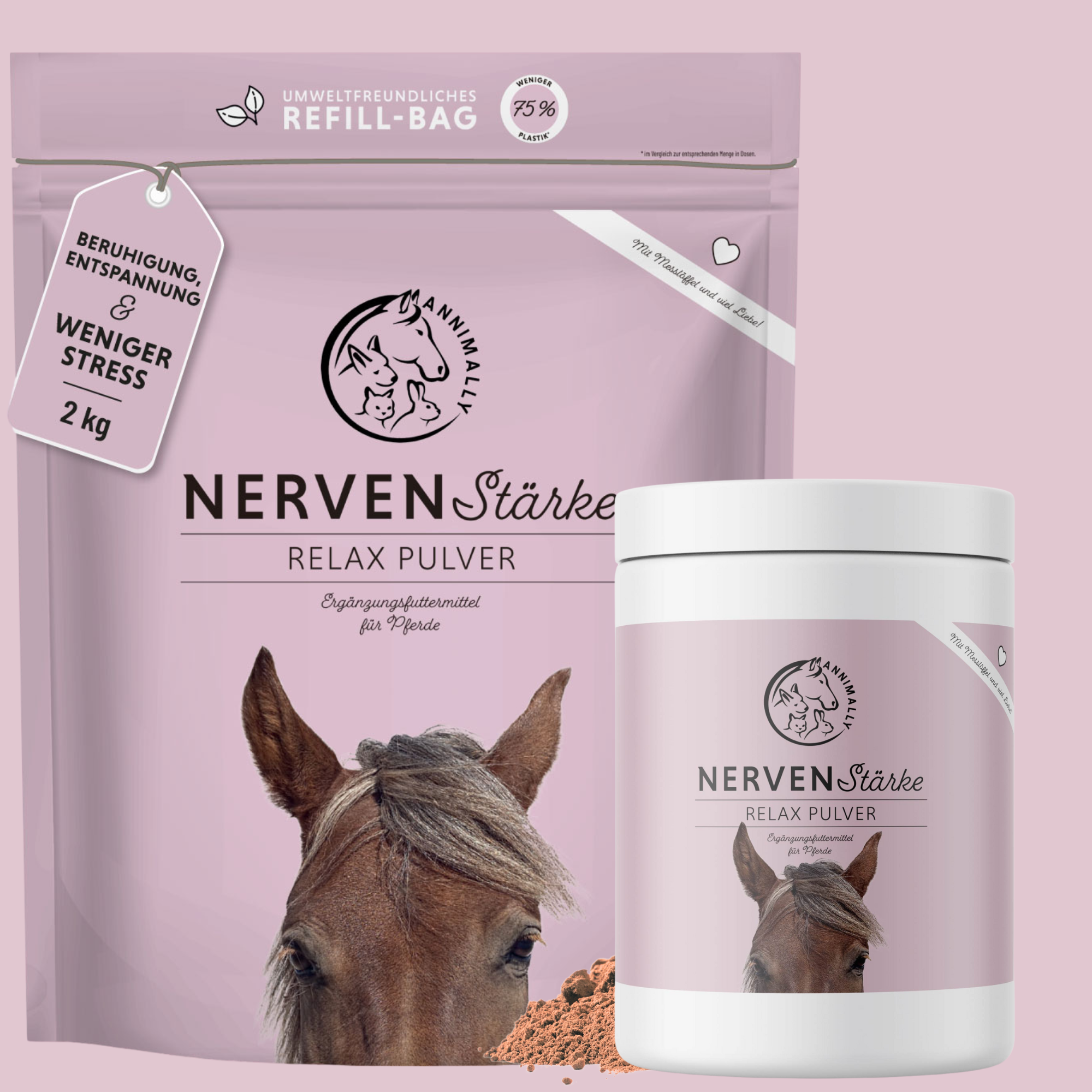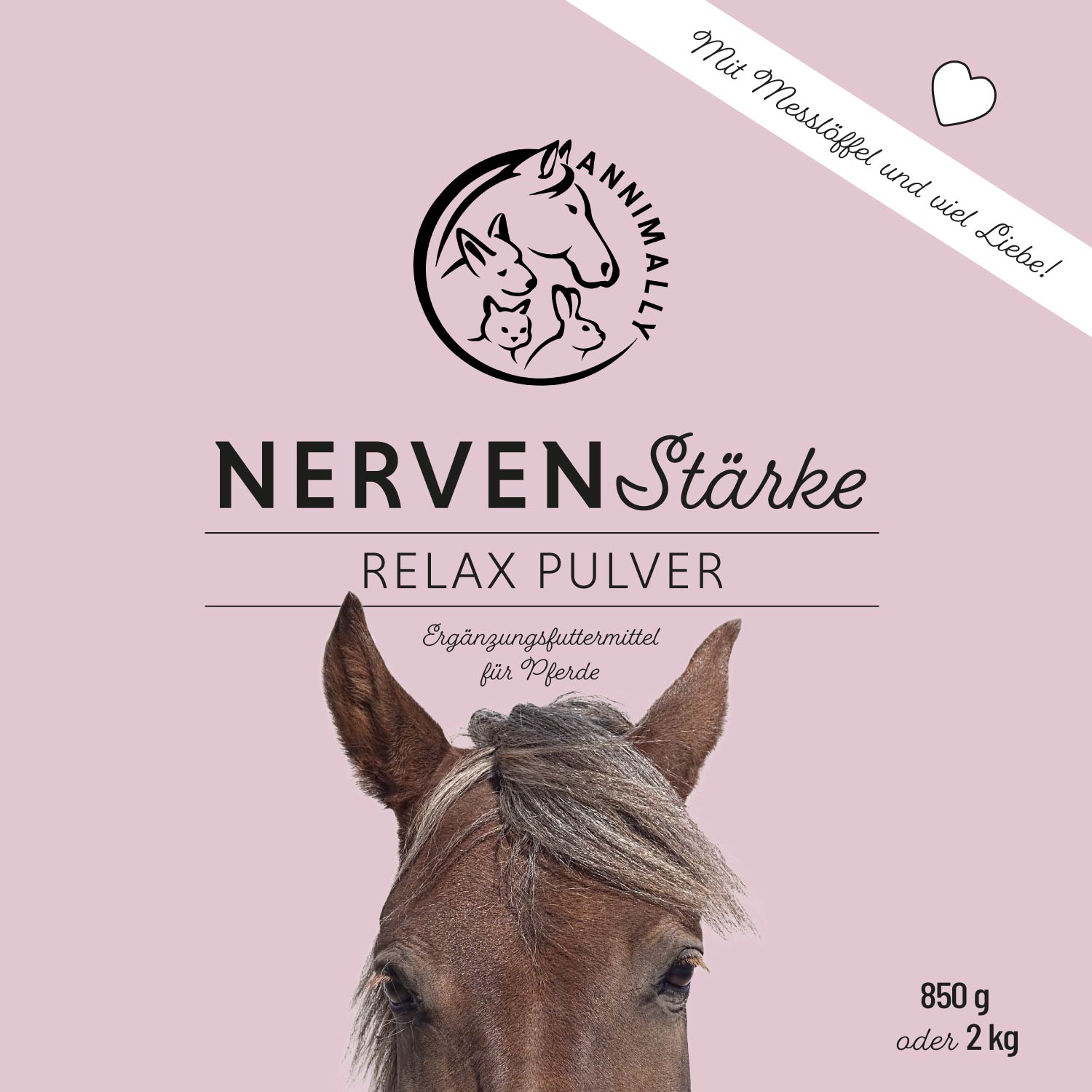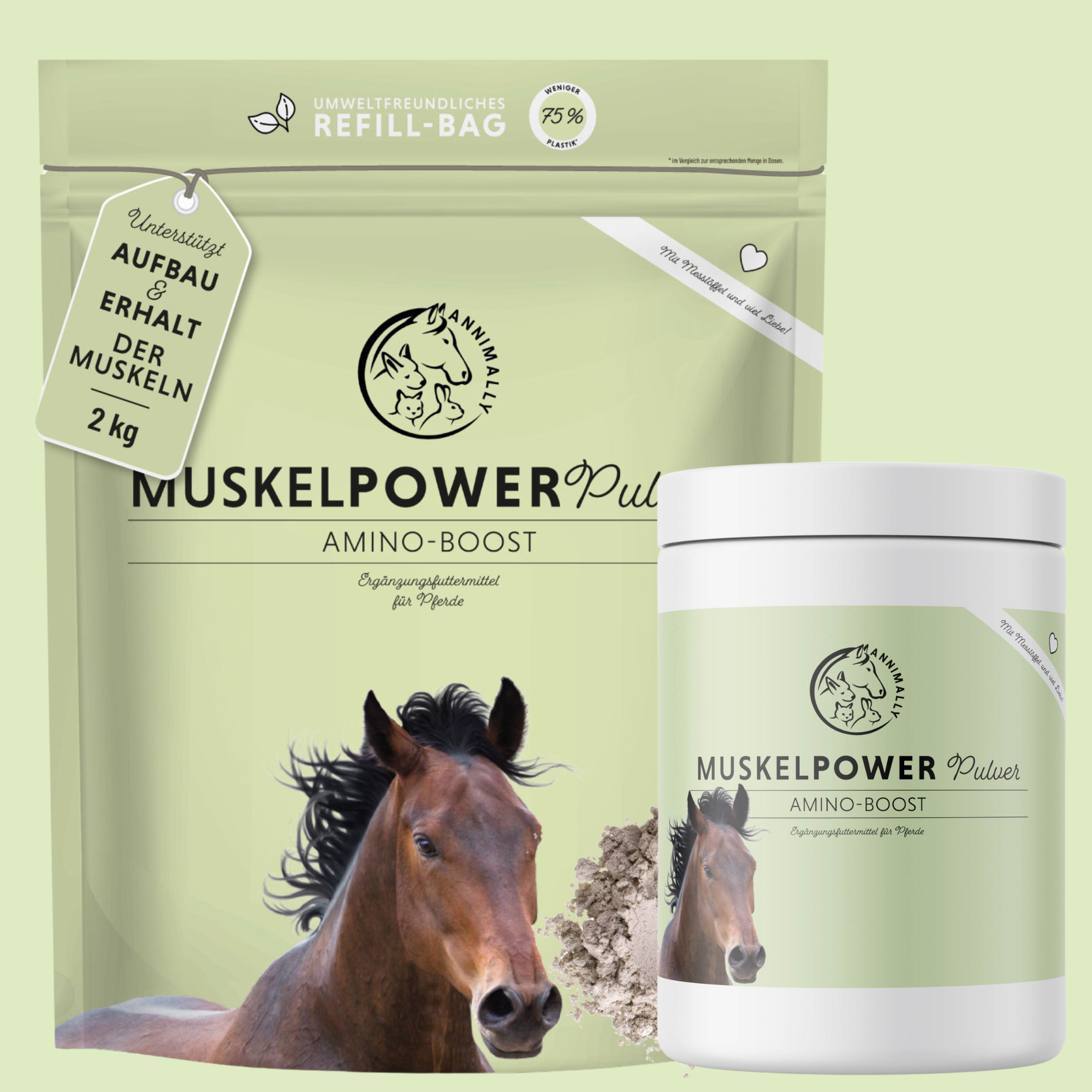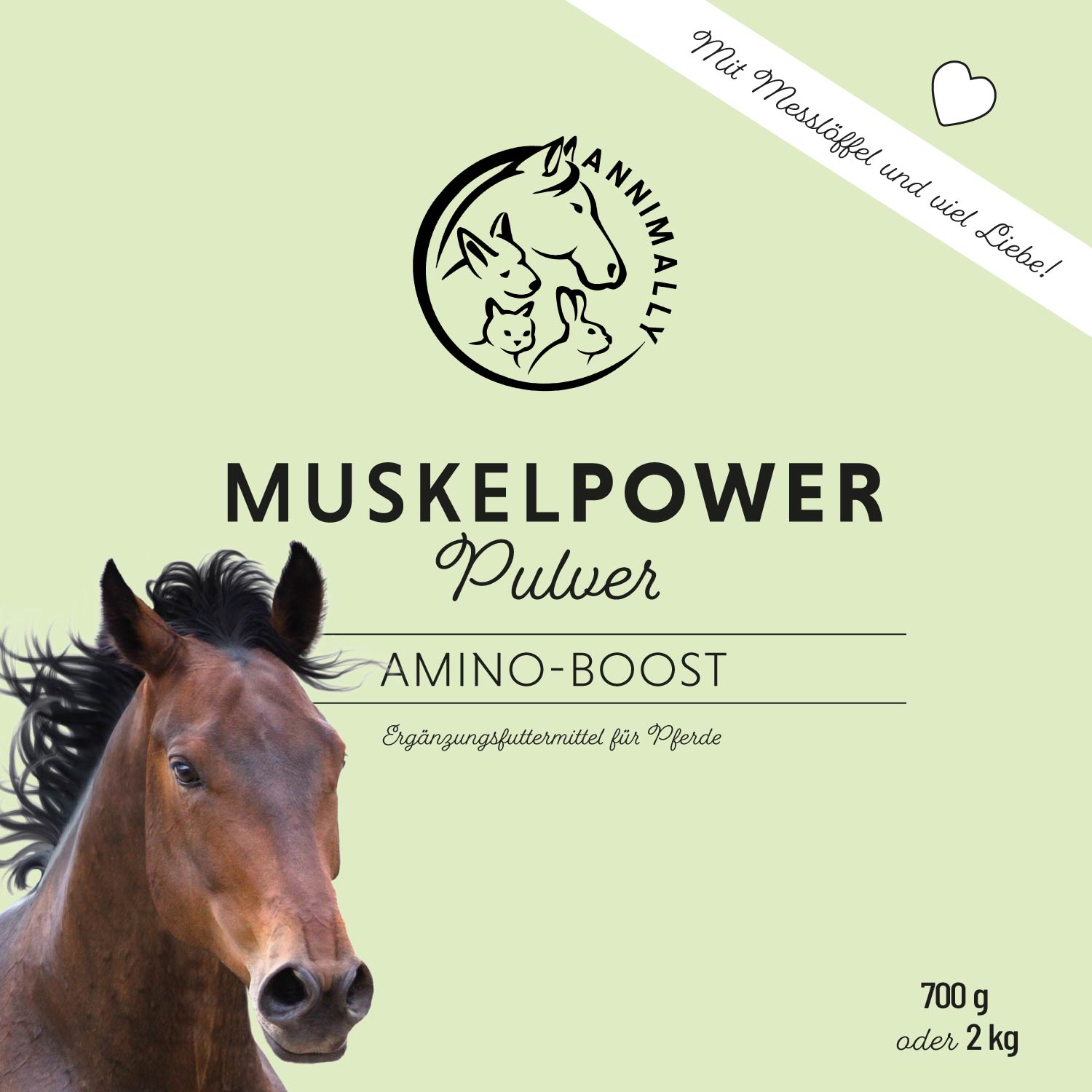
Are dogs allowed to eat blueberries?
Blueberries, or blueberries, are one of the most popular fruits eaten in Germany. Not only are blueberries delicious, they are also the ultimate superfood that has many health benefits for you and your dog.
Let's take a look at the many reasons why blueberries are the perfect choice to boost your dog's health.
HEALTH BENEFITS OF BLUEBERRIES FOR DOGS

Blueberries are bursting with vitamins and minerals and have the highest level of antioxidants of any fruit. That's a lot for such a small berry, but there's more!
They are also high in fiber, low in calories, contain phytochemicals and anthocyanins. All this together results in a healthy effect for dogs of all ages.
That's why blueberries are so healthy
Vitamins:
Vitamin A, vitamin C and vitamin K are all found in the little blueberry. These vitamins support your dog's immune system, the function and quality of skin, coat, muscles and nerves and increase bone density.
Minerals:
Calcium, phosphorus, potassium, and magnesium also have a place in blueberry health benefits. These minerals are known to support bone growth and the body's ability to use vitamins and minerals more efficiently.
Phytochemikalien:
A chemical compound found in plants. They are associated with many health benefits for humans and dogs. Studies have shown that phytochemicals may fight cancer and reduce inflammation in chronic diseases.
Antioxidants:
The blueberry is probably best known for its antioxidant properties, and with good reason. Antioxidants are an essential part of human and animal nutrition. They fight free radicals, which are responsible for cellular and molecular damage, and are said to slow down the aging process.
There was an interesting one Study on antioxidants and cellular damage in sled dogs after strenuous exercise. The study found that adding blueberries to dog food reduced dogs' recovery time after strenuous exercise. For active dogs, this can be a huge benefit that can increase their mobility as they age.
* https://www.ncbi.nlm.nih.gov/pmc/articles/PMC5187535/
Anthocyane:
These are responsible for the blue/purple color of the blueberries. They work with antioxidants to lower the risk of heart disease, arthritis, diabetes and cancer.*
Blueberries offer so many health benefits for dogs that many dog food manufacturers have included them in their dog food formulas.
CAN I FEED BLUEBERRIES TO MY DOG?
Yes! Your dog needs this superfood! Not only are these little berries delicious, but they also have tremendous health benefits for your dog. As long as you portion the treat appropriately and are aware of the issues, your dog should love it and dance eagerly when you offer it. Whether you feed them fresh, frozen, dried, or pureed, blueberries are a safe treat for your dog. At just 84 calories per cup, blueberries make a great training treat and are also a safe treat for diabetic dogs (but you should check with your vet before offering them).
HOW MANY BLUEBERRIES CAN MY DOG EAT?

As with any fruit or vegetable, controlling portions is important. Treats should only make up 10% of your dog's diet and should be considered an occasional treat. For most small dogs, 10 blueberries is a reasonable amount. Large dog breeds can handle more, but keep the 10% ratio in mind.
Because blueberries are small, it's possible for a large dog to gobble up too many of them. They tend to eat without chewing, so they can finish the shell before you realize they've devoured it. This can cause abdominal pain or pose a choking hazard. Small dogs can easily choke on the berries if swallowed or offered frozen.
Many dog owners grow blueberry bushes in their gardens. Dogs can gorge on the sweet berries, so it's a smart idea to keep them separate from your dog. The shrub itself is not toxic to your dog, but if there are pesticides or herbicides on it, they can be harmful to your dog.
Some dogs (approx. 10%) can show intolerance or even allergies to new foods. Monitor your dog for gastrointestinal upset, chronic bloating, itching, ear infections, or hives. If any of these symptoms appear, stop offering the berries and talk to your veterinarian.
CAN MY DOG EAT BLUEBERRY MUFFIN?
Muffins prepared for human consumption are not a good option to feed your dog. They may contain ingredients that can lead to food intolerance and stomach upset.
For the same reasons, you should also avoid feeding your dog commercially prepared blueberry yogurt, blueberry pie, pancakes, or anything artificially flavored with blueberries.
HOW CAN I FEED BLUEBERRIES TO MY DOG?
Fresh blueberries are most commonly given to dogs in their raw form. The fruit is soft and, depending on the size of the dog, doesn't pose a major choking hazard. When preparing the fresh blueberries, be sure to rinse them in water and inspect for moldy berries before offering them to your dog.
Frozen blueberries are safe but can pose a choking hazard, especially in small dog breeds. However, you can thaw and puree them before serving them. Larger dogs must be supervised when eating the berries to avoid swallowing without chewing. If the berries are frozen, it's best to only offer one or two at a time.
Pureed blueberries are a wonderful way to add them to your dog's food bowl. You can also mix them with other berries like strawberries, raspberries, or blackberries to improve the nutrient balance.
Another delicious way is to serve them in smoothies along with other fruits and vegetables. Blueberries combined with raspberries, blackberries, bananas, watermelon, and cranberries, to name just a few options, make a delicious addition to dog-friendly recipes.
These are just a few ideas for feeding blueberries. There are many delicious dog-friendly recipes available online.
Conclusion: Can dogs eat blueberries
In any case! Blueberries are completely harmless and particularly nutritious. They provide your four-legged friends with lots of vitamins and other important nutrients. Due to the few calories, they are very good as a reward for in between meals. Blueberries for dogs are so popular and proven in the diet that they are even added to dog food. They contain a lot of fiber, which supports digestion and even helps with gastrointestinal problems. Blueberries or blueberries are a real boost for the immune system!

